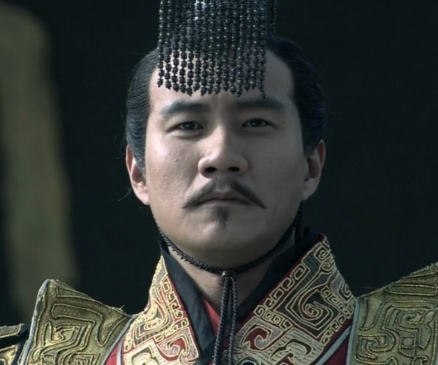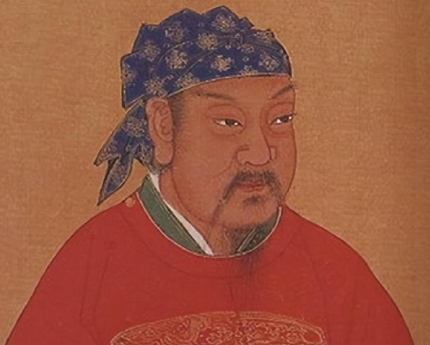The succession decision of Zhu Yuanzhang, the founding emperor of the Ming Dynasty, has always been a focus of historical scholars' research. According to historical records, Zhu Yuanzhang unexpectedly chose his grandson Zhu Yunmin as the heir instead of his own son. The reasons behind this decision are complex and diverse, involving politics, personal emotions, and deep consideration of the stability of the future dynasty. This article will explore the possible reasons for Zhu Yuanzhang's decision to "pass the throne to his grandson rather than his son".

First, political factors were one of the important reasons for Zhu Yuanzhang's decision. Most of Zhu Yuanzhang's sons had strong military forces and local powers. Passing the throne to a son might have triggered sibling rivalry and even led to the division of the empire. There are many historical precedents for such a situation. By choosing a young grandson as the heir, Zhu Yuanzhang could ensure a stable transition of power through the team of regent ministers and avoid direct sibling power struggles.
Secondly, personal emotions may have also been one of the reasons for Zhu Yuanzhang's choice. According to historical records, Zhu Yuanzhang was dissatisfied with the behavior of some of his sons, especially their rivalry and desire for power. Zhu Yunmin, on the other hand, was intelligent and clever since childhood and deeply loved by his grandfather. Zhu Yuanzhang may have believed that Zhu Yunmin was more capable of inheriting his legacy and leading the empire into a stable and prosperous future.
Furthermore, Zhu Yuanzhang may have also considered long-term political stability. When Zhu Yunmin ascended the throne, he was only about ten years old, meaning that he would truly take control of the government only after he grew up. During this time, the regent ministers could gradually implement reforms, laying a solid foundation for Zhu Yunmin's reign. At the same time, it also gave Zhu Yuanzhang time to observe and guide Zhu Yunmin's growth, ensuring that he would become a qualified monarch.
However, the development of history is often full of variables. Although Zhu Yuanzhang's original intention was for the long-term stability of the Ming Dynasty, Zhu Yunmin soon faced rebellions from his uncles after ascending the throne, known in history as the "Jingnan Campaign". Ultimately, Zhu Yunmin was deposed, and Zhu Di usurped the throne to become the third emperor of the Ming Dynasty.
In summary, Zhu Yuanzhang's decision to "pass the throne to his grandson rather than his son" was based on various considerations, including political stability, personal emotions, and future planning. This decision reflects his deep concern for the future development of the Ming Dynasty. Although the final result did not turn out as he had hoped, this historical event still provides us with profound insights into the ancient imperial succession mechanism and family political dynamics.
Disclaimer: The above content is sourced from the internet and the copyright belongs to the original author. If there is any infringement of your original copyright, please inform us and we will delete the relevant content as soon as possible.































